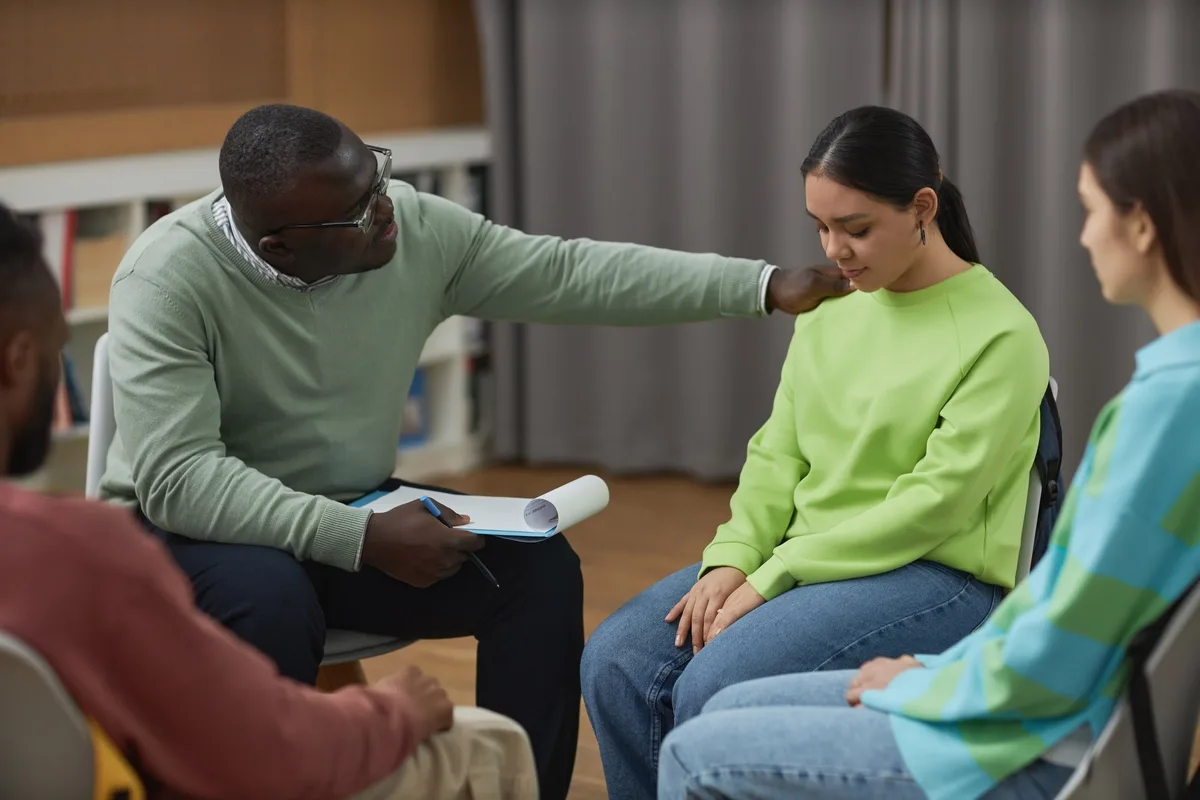24/7 Helpline:
(866) 899-221924/7 Helpline:
(866) 899-2219
Learn more about Aftercare Support centers in Westmoreland City
Aftercare Support in Other Cities
Other Categories in Westmoreland City

Other Insurance Options

Self-pay options

Group Health Incorporated

Molina Healthcare

Multiplan

State Farm

WellCare Health Plans

EmblemHealth

United Health Care

CareSource

Horizon Healthcare Service
Beacon

Excellus

Medical Mutual of Ohio

MHNNet Behavioral Health

Sliding scale payment assistance

CareFirst

Access to Recovery (ATR) Voucher

American Behavioral

Regence

Aetna













